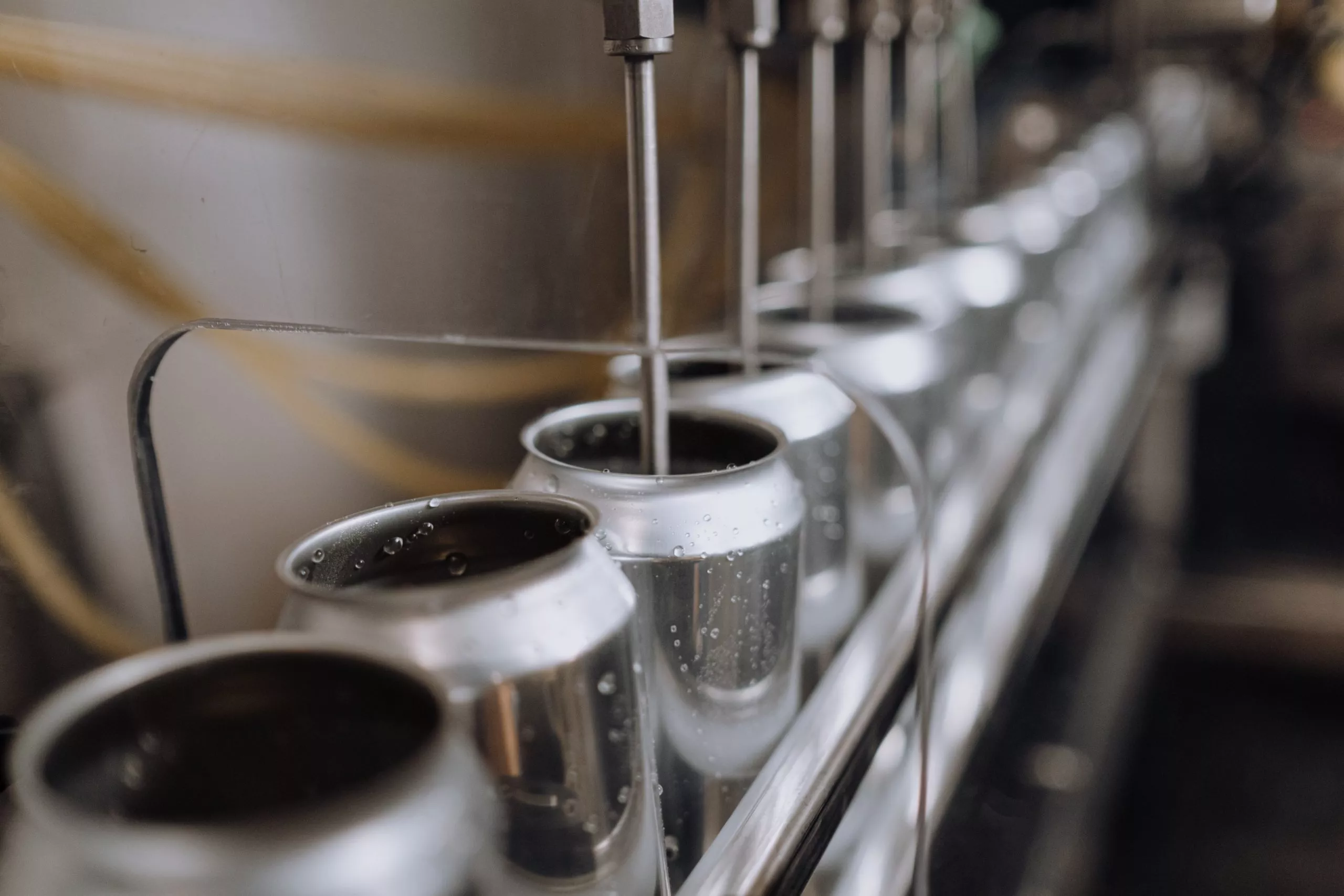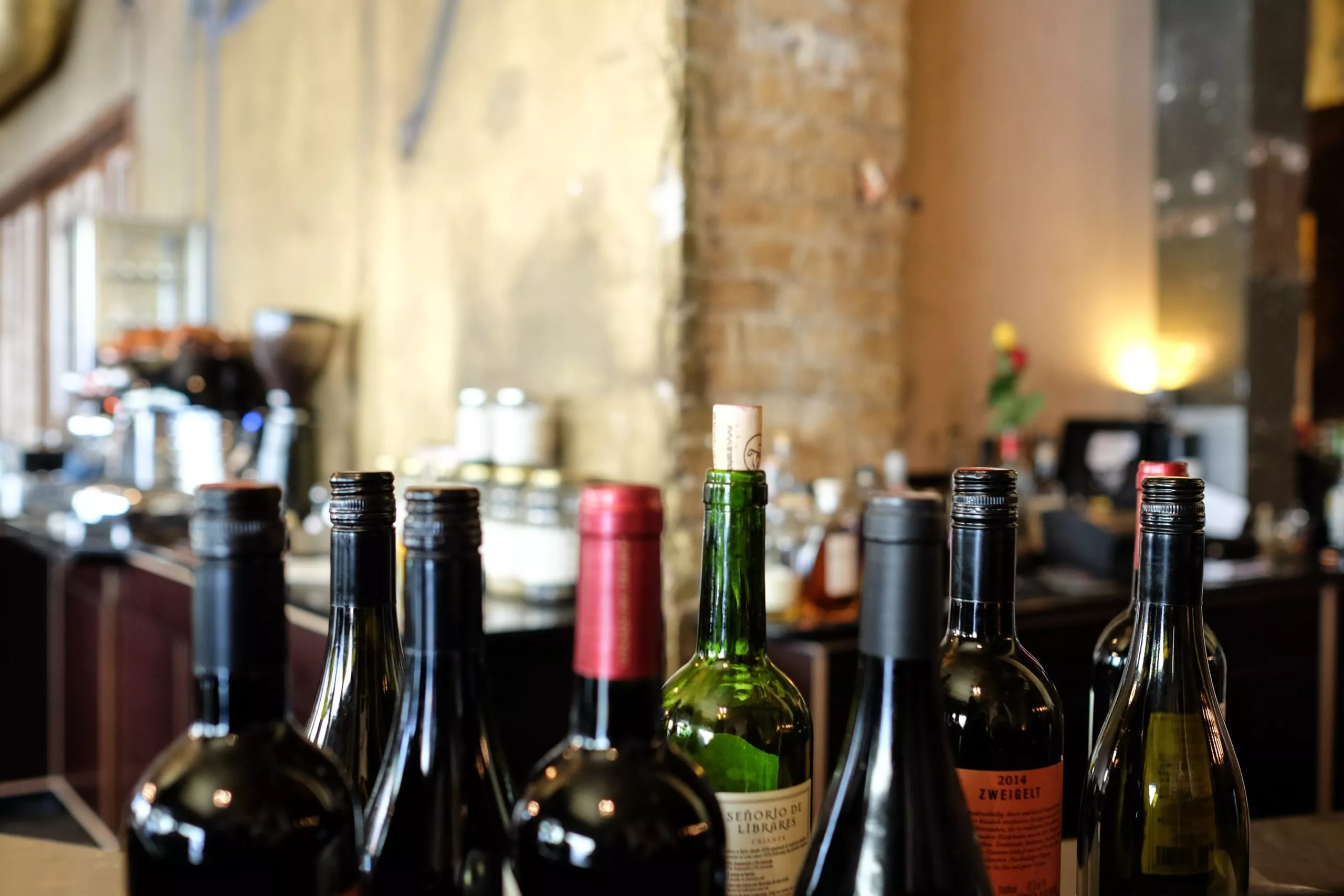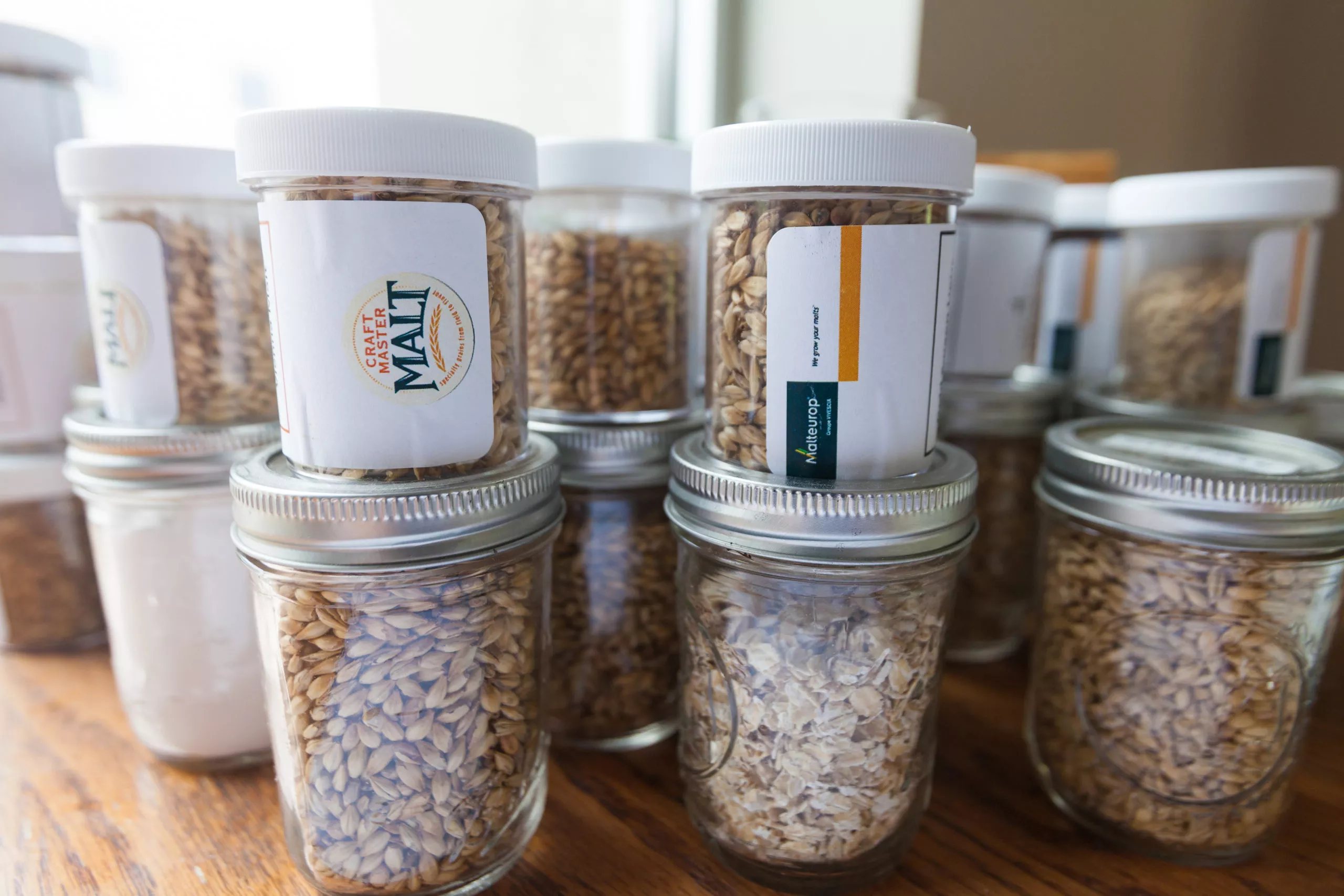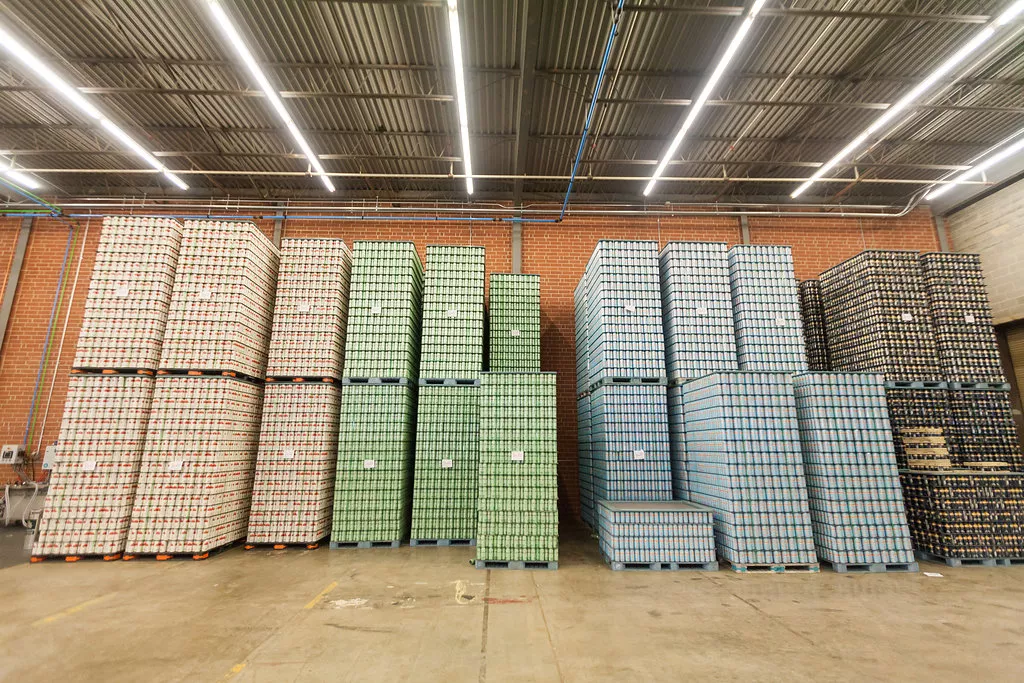At first, it was a toilet paper shortage, and now the COVID effect has spread to aluminum cans — causing a nationwide aluminum can shortage for breweries and other beverage producers. With fewer cans being produced and an increase in demand for canned beverages, many teams have pivoted to find alternative ways to package and distribute their products to consumers.
We’re here to break down exactly why this aluminum can shortage happened and provide alternative packaging solutions for breweries looking to continue making sales even with a limited supply.
Why Is There an Aluminum Can Shortage?
The demand for aluminum cans has increased dramatically in recent years, especially with the increasing popularity of beverages such as hard seltzer. More breweries have opted to distribute their products in aluminum over glass alternatives due to the cost and ease of packaging. As a result, the supply of aluminum cans wasn’t able to keep up with the demand.
That initial increase in demand doesn’t even take into account the effect that the pandemic has had on brewery sales. As consumers were forced to drink their craft beverages from the comfort of their home instead of at their local brewery, can usage saw a noteworthy jump. Without being able to serve customers in the taproom, cans were one of the only options to distribute to consumers for at-home consumption — which is extremely difficult when you’re running low on the packaging for your product!
Because of the aluminum can shortage, major can suppliers have been forced to reduce their shipments to smaller-scale breweries, focusing on the canning needs for larger corporations such as Coca-Cola, PepsiCo, Anheuser-Busch, and Molson Coors (all of whom predicted the can shortage and drafted up contracts with the distributors to ensure they would be supplied). Unfortunately, this meant that many small to midsize breweries were left without aluminum cans for their craft beverages.
While the vaccine is starting to roll out, which will hopefully mitigate the negative effects of the current pandemic, can manufacturers are already operating at maximum capacity right now. This means that breweries will continue to deal with the aluminum can shortage without an end in sight. According to the Brewers Association, the shortage could last through the end of 2021 which will leave smaller breweries pausing operations or finding alternative packaging methods.
4 Solutions for Alternative Packaging Methods
With aluminum cans becoming less available to smaller breweries and cideries, many have had to find ways to get more creative with their packaging methods. From switching to glass bottles temporarily to promoting growlers, there are a variety of ways for smaller brands to avoid pausing operations and still meet the demand for their product. Here are four alternative packaging methods for breweries and cideries to utilize until the aluminum can shortage is resolved.
Temporarily Switch to Bottles
When unable to access aluminum cans, swapping them out for glass bottles can be a great solution to get your product out the door and into your customers’ hands. We’ve outlined some advantages and disadvantages of making the temporary switch to glass bottles.
Advantages of Glass Bottles
- Taste – You want your customers to enjoy your craft beverages from the first sip to the final sip. With glass bottles, your product will taste more pure without any metallic aftertaste from the can.
- Temperature – Although bottled beverages take longer to cool down than those in aluminum cans, once chilled, they stay cooler for much longer, which creates a more enjoyable experience for your consumers.
- Quality – The quality of your product is important, and you need to protect your beer or cider from light exposure. Glass bottles have been shown to protect your product from light.
Disadvantages of Glass Bottles
- Weight – Glass bottles weigh significantly more than aluminum cans which makes them slightly more inconvenient (and costly) to transport.
- Cases – Because of the shape and weight of glass bottles, they are more difficult to pack up in cases larger than a six-pack.
While glass can help you meet your sales quota, it’s important to note that you won’t be able to make this change at the flip of the switch. If your current production line is built around canning, it can be quite costly to switch over your equipment to work with glass bottles. Whether you opt to invest in the equipment for the long haul or rely on brewer friends in the community with the equipment you can borrow, glass bottles are an alternative worth considering.
Consider Different Can Sizes
Although there is a shortage of aluminum cans, you might be able to get your hands on sizes that tend to be less popular among the craft beverage community. See what sizes are available and incorporate them into your menu — it can be as simple as swapping your 12 oz and 32 oz cans for 16 oz and 24 oz cans. While these might not be the ideal size, making this switch temporarily can help you keep up with your production until your usual size aluminum cans are back in stock.
Promote Growlers Over Can Sales
With fewer customers utilizing your taproom as a place to kick back and relax, you’ve likely seen an increase in sales of to-go beer and cider. While your loyal customers continue to bring in regular sales, their orders are filled with valuable cans that you need for other distribution channels! As a way to cut down aluminum can usage without impacting your sales numbers, encourage your customers to fill a glass growler for their to-go purchase instead of purchasing cans. Find ways to promote your growlers in a prominent location on the menu, as well as offering promotions across your website and social media to spread the word about this alternative option.
Offer Capri-Sun Style Pouches
Although not the most sustainable alternative to aluminum cans, some breweries and cideries have opted to use Capri-Sun style plastic patches to serve their craft beverages when possible. They’ve been well-received by consumers due to their trendy nature — plus they remove the need for a bottle opener and increase portability. While they are a lightweight option that is ideal when in a rush to find a temporary to-go option for your product, they likely won’t be a viable long-term solution.



